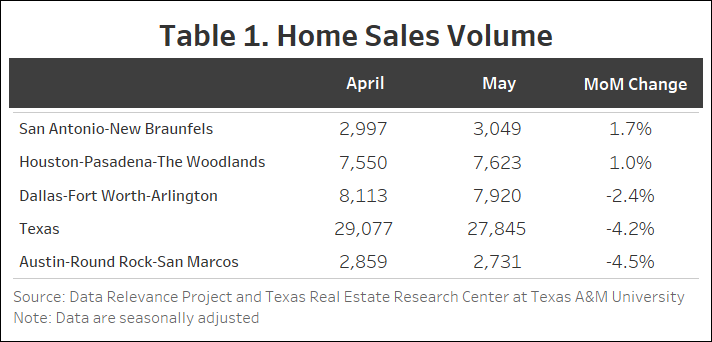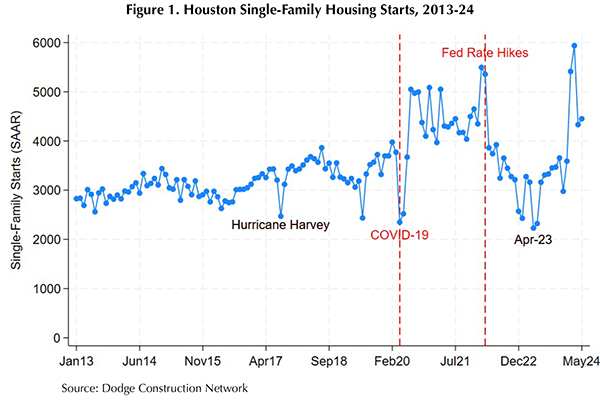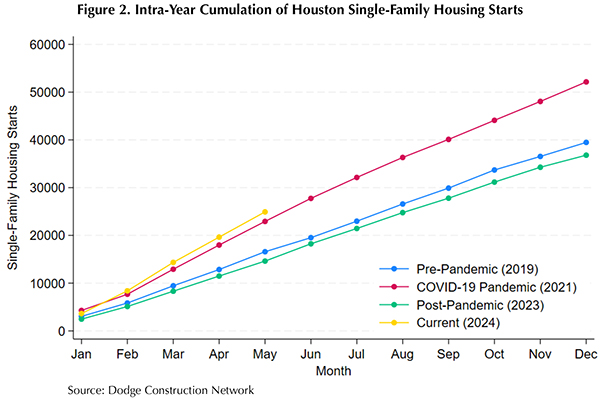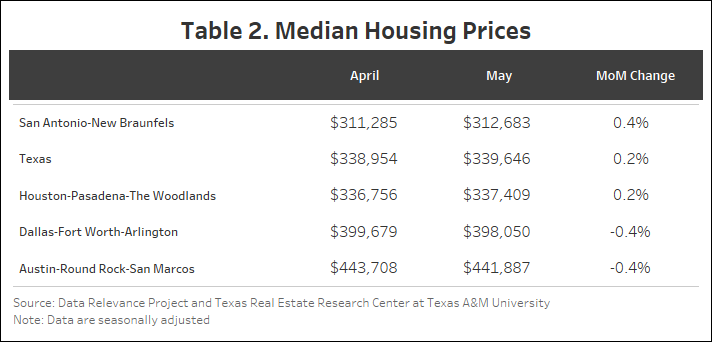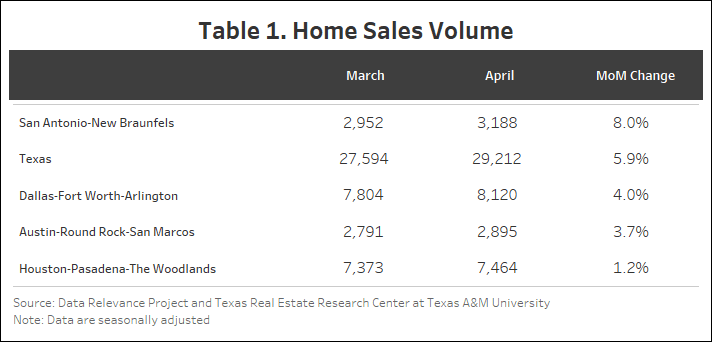AIRFIELD FALLS – FORT WORTH, TX
Fort Worth’s only natural waterfall! The falls are newly accessible to the public thanks to the opening of the Airfield Falls Trailhead and Conservation Park near the Naval Air Station in Fort Worth.
BALMORHEA STATE PARK – BALMORHEA, TX
60 miles west of Fort Stockton, Balmorhea State Park is the home of the largest spring- fed pool in the world.
BARTON SPRINGS POOL – AUSTIN, TX
Set in Austin’s Zilker Park, Barton Springs Pool is a massive three-acre, clear water swimming hole that’s a mild 70-degrees year-round.
BLANCO STATE PARK – BLANCO, TX
Set along the Blanco River, there’s a wading pool with cascading weir dams and a fishing spot best for catching largemouth bass and rainbow trout.
BLUE HOLE – GEORGETOWN, TX
Blue Hole is a lagoon located in a scenic park lined by limestone bluffs on the South San Gabriel River.
BLUE HOLE – WIMBERLEY, TX
Fed by the springs of the San Gabriel River and open all year, the water is fringed by gnarled Cypress trees which provide both shade and rope swings.
BOB WENTZ PARK AT WINDY POINT – AUSTIN, TX
Lounging with the kids by the shoreline, scuba diving, and windsurfing are popular activities at Windy Point. It’s a big park with plenty of parking and space for everyone.
BOYKIN SPRINGS – ZAVALLA, TX
A refreshing waterfall and swimming area on Boykin Creek greets travelers about a mile down the Sawmill Hiking Trail of Boykin Springs Recreation Area.
BURGER’S LAKE – FORT WORTH, TX
This man-made, spring-fed hidden gem in Fort Worth features high dives, rope swings, multistory slides and plenty of shade to stay cool.
COMAL RIVER – NEW BRAUNFELS, TX
While the Comal and Guadalupe Rivers are great places to cool off in their own right, the City Tube Chute adds an extra dimension to your water-based fun and is the epicenter for Texas tubing.
DEEP EDDY POOL – AUSTIN, TX
Deep Eddy Pool is a historic, man-made swimming pool on the Colorado River. It became a resort in the 1920s, and today is a popular public swimming pool operated by the City of Austin.
GARNER STATE PARK – CONCAN, TX
Located on the Frio River, here you’ll find swimming, fishing, paddling, and tubing. There are also 11 miles of scenic hiking trails for those who prefer to work up a sweat before diving in.
GUADALUPE RIVER STATE PARK – SPRING BRANCH, TX
In the Texas Hill Country north of San Antonio, Guadalupe River State Park encompasses a nine-mile stretch of the Guadalupe River, offering park visitors plenty of swimming, tubing, and canoeing opportunities.
HAMILTON POOL – DRIPPING SPRINGS, TX
The emerald-green grotto looks like a tropical oasis with a 50-foot waterfall cascading from the cave. It is part of the 32,000-acre Balcones Canyonlands National Wildlife Refuge.
JACOB’S WELL – WIMBERLEY, TX
A quintessential example of Central Texas aquifer and spring formations, Jacob’s Well Natural Area gives visitors the unique opportunity to swim directly in an artesian spring.
KRAUSE SPRINGS – SPICEWOOD, TX
Located 45 minutes northwest of Austin, Krause Springs is an inlet off the Colorado River that encompasses two large swimming holes with picturesque waterfalls and rope swings for the kids.
MCKINNEY FALLS – AUSTIN, TX
The 10-foot drop at the upper falls is a popular spot to jump into the peaceful swimming hole below. The state park also features bouldering, mountain biking and the popular Rock Shelter Interpretive Trail.
PARADISE CANYON – RIO MEDINA, TX
Located a short drive away from San Antonio, Paradise Canyon is the ideal location for swimming, tubing, fishing and camping.
PEDERNALES FALLS – JOHNSON CITY, TX
Shallow rapids, limestone gorges, and calm waterfalls make up this section of the Pedernales River, an hour west of Austin. You can also enjoy kayaking, horseback riding, and mountain biking around the park.
SAN MARCOS RIVER – SAN MARCOS, TX
If you want to try snorkeling in the middle of Texas, this would be the place. It’s great for paddling, including some whitewater after a good rain, but when the water’s moving slower, it’s a top swimming destination.
THE TEXAS POOL – PLANO, TX
Swim from Dallas to El Paso in just seconds in The Texas Pool; a man-made pool shaped like Texas, as the name suggests.
TONKAWA FALLS – CRAWFORD, TX
Near Waco, Tonkawa Falls is located in Tonkawa Falls City Park and is full of natural beauty and history alike.
For more seasonal resources like this, head to our website at DFW Area Resources | Republic Title of Texas

























